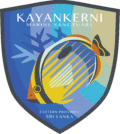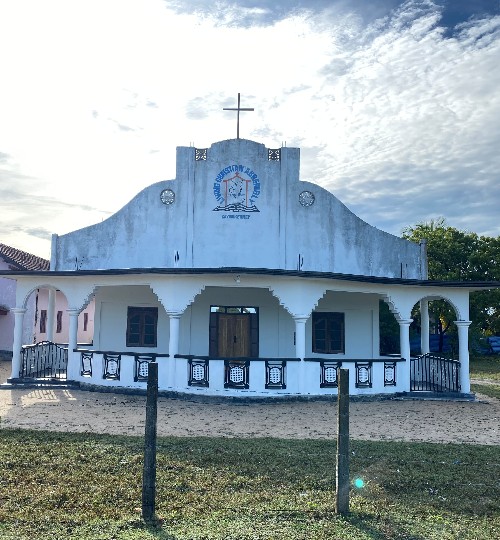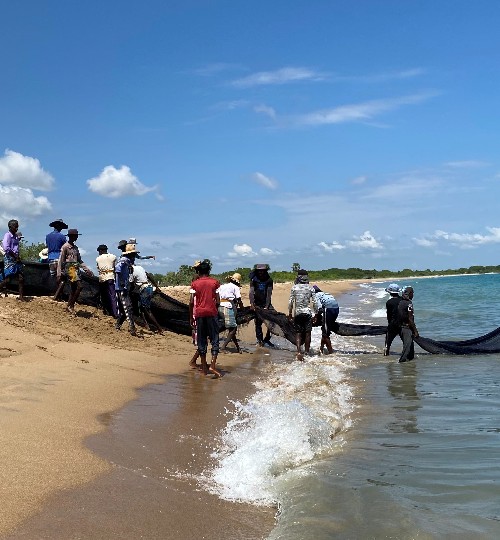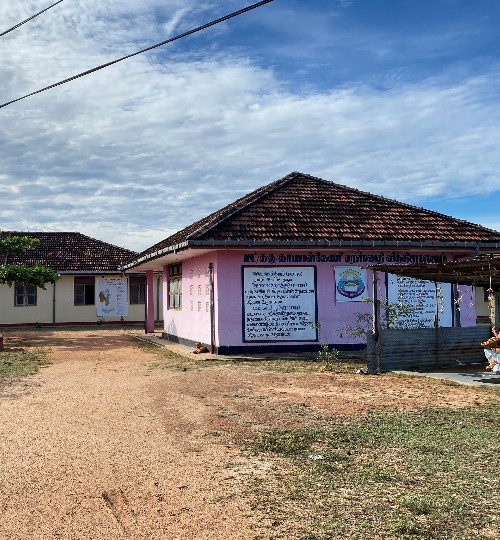This area of eastern Sri Lanka has its own unique identity and cultural heritage reflected in its language, food, festivals and livelihoods. According to locals, Kayankerni is named after the ironwood tree (Memecylon umbellatum) which is locally called ‘Kayan’ that is found growing near low lying, seasonal water holes referred to as “Kerny”. The original inhabitants of the area were indigenous coastal Vedda communities. A few small indigenous communities still exist in the area and speak a local dialect of the Vedda language. Older inhabitants of Kayankerny still maintain strong ties to tribal lineages that they refer to as as “kudi” which means people or early ancestors. The area was later colonised by Tamil and Sinhalese communities. The Sinhalese primarily arrived as seasonal fishers from Puttalam, Negombo and Kurunegala and over time settled in the area and intermarried with the local population. Historically, fishing and the production of dried salted fish (“karawala” or “karaivala”) was the main livelihood activity in the region. The remoteness of the area and the lack of refrigeration meant that local people dried and salted their catch for transport to markets when possible. The extraction of limestone from coral reefs through coral mining was also practised in the area but this activity has been stopped for several decades.
Religion plays an important role in the day-to life of local communities. Important social events such as marriage and funerals are based on traditional religious rituals and social systems. Most people in the area are Tamil and practise Hinduism while there is a significant number of Christians. While Tamil is the main language in the area, locals have their own local words and phrases unique to the area. Local festivals are mainly influenced by Hinduism and are often associated with “Kaavadi” (where devotees pierce skins with spikes), firewalking and folk dancing. The major festivals celebrated are Thai Pongal (traditional Hindu harvest festival), Deepavali (Dhivali) and the Sri Lankan Buddhist and Hindu New Year. Christmas and Easter are important events for local Christian communities. Popular local food prepared around special events include thothal, murukku, kachan palagaram, soovi, and appam.



